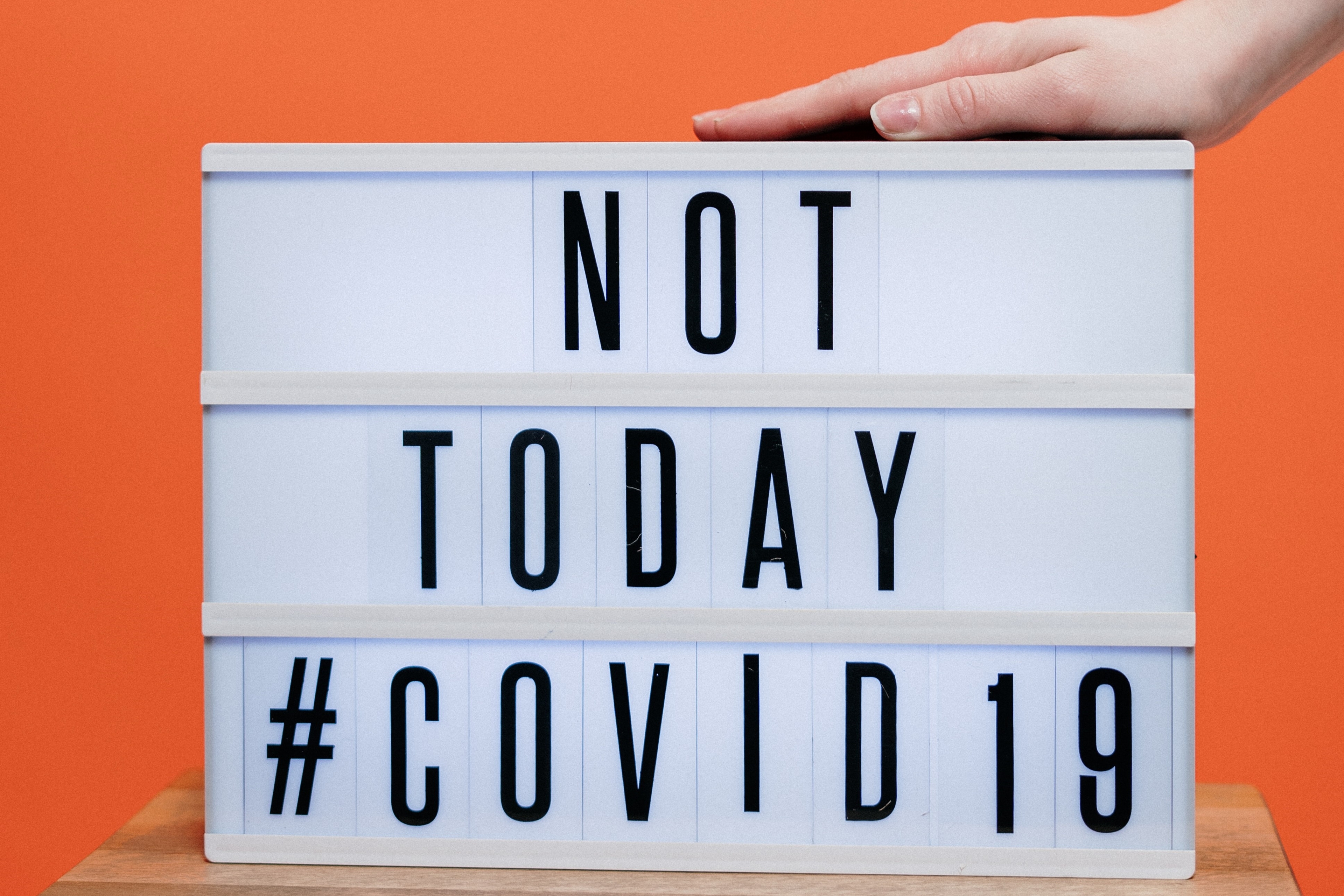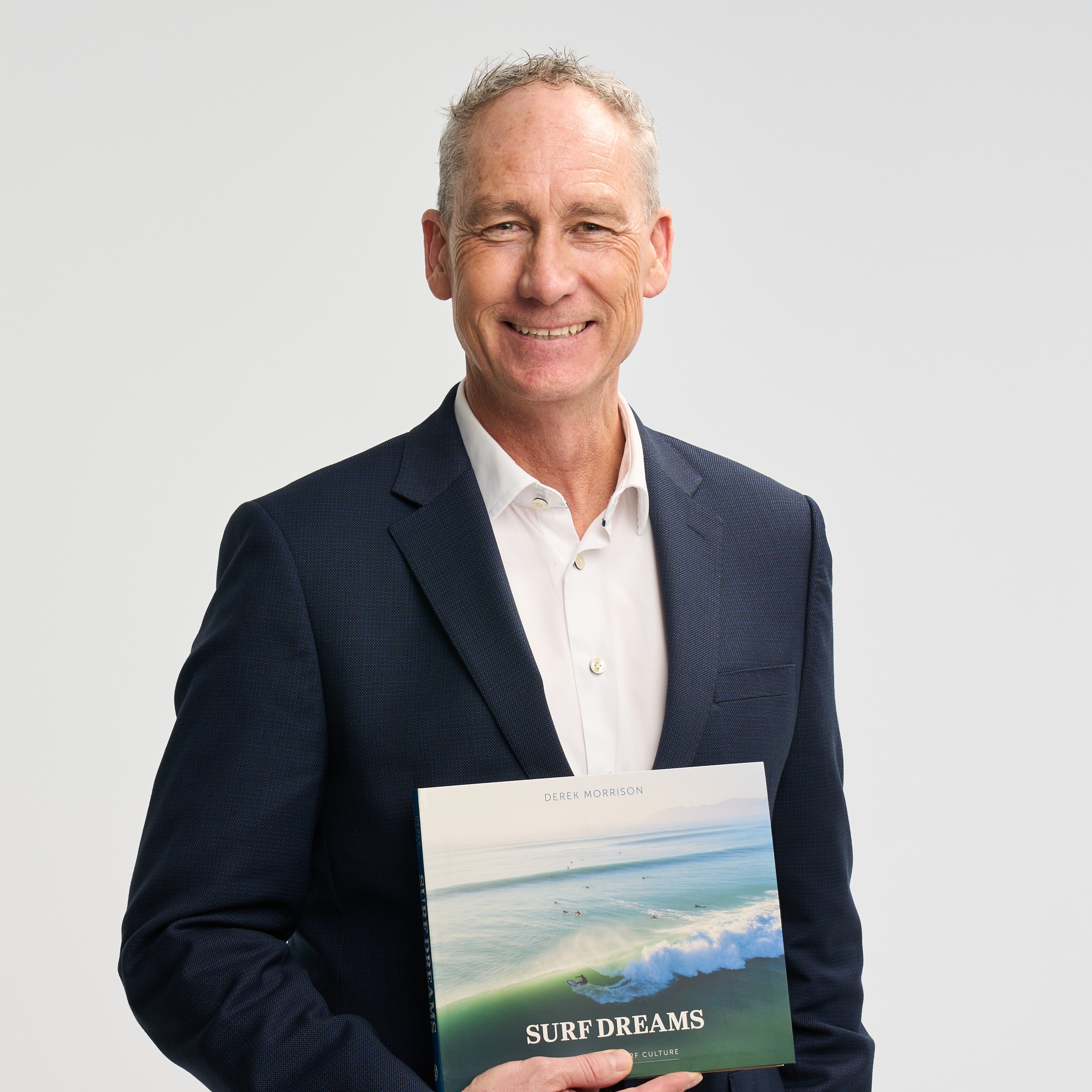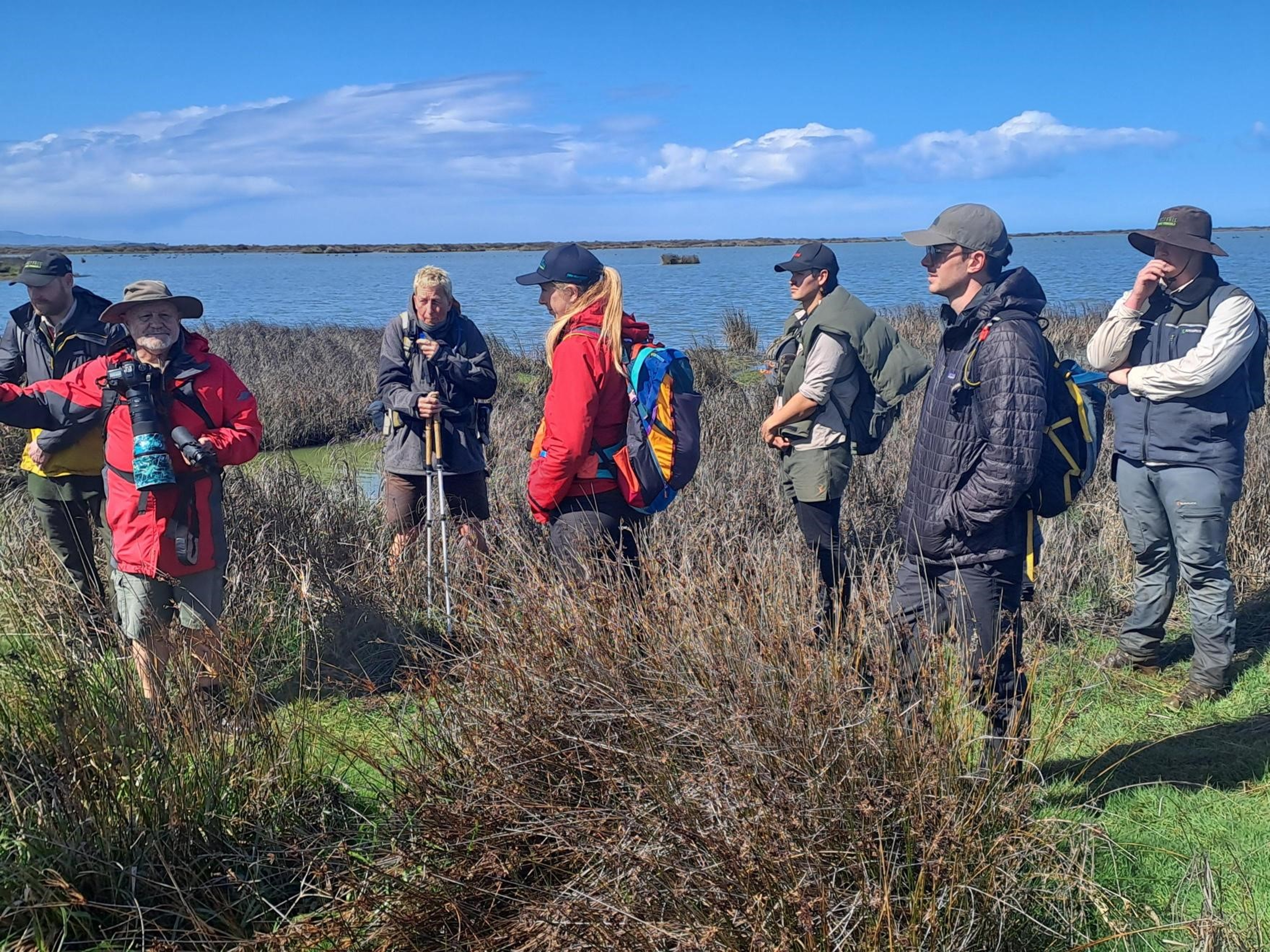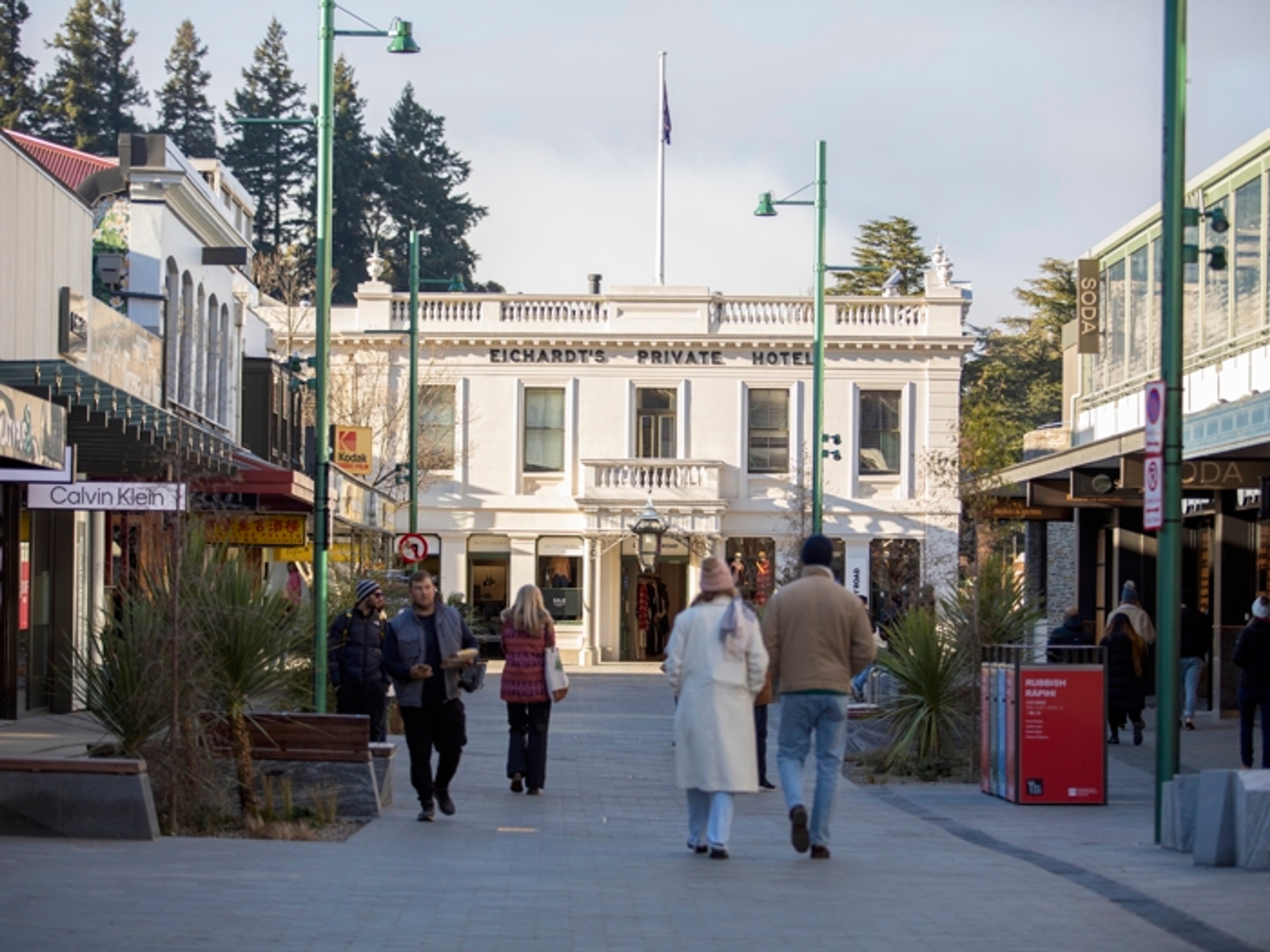Navigating radical change in NZ’s media landscape

The Covid wrecking ball has left its mark on New Zealand news media. National advertising revenue halved almost overnight as we went into nationwide lockdown, leaving most media outlets hastily reviewing their business plans.
Meanwhile, we all became increasingly reliant on the news media for the latest Covid developments here and overseas. We wanted reliable, factual news and we wanted it fast. We found what we were looking for on TV, radio and online news.
We also feasted on endless online information and entertainment while we were confined to our homes – and in the process hugely boosted advertising revenue for Facebook and Google.
Within weeks of the lockdown NZME (NZ Herald, NewstalkZB and other brands) laid off more than 200 staff.
Bauer Media laid off a similar number when it abruptly closed all its New Zealand publications – including the Listener, North and South, Metro, Kia Ora, Home & Garden and a whole raft of other magazines. Mercury Capital, the new owner of Bauer’s publications, sold off Metro and North and South, and has restarted publication of others, including The Listener and Kia Ora.
Pre-Covid news gathering was an unattractive business proposition. Now it requires a whole new level of courage (and financial backing).
Soon after the nationwide lockdown was lifted, the long anticipated sale of Stuff was announced – and to its chief executive rather than to another media group as widely expected. That now returns the company to New Zealand ownership after 17 years’ ownership by Fairfax Media, and many are keenly awaiting the next Stuff developments.
At the end of 2020, we also saw the sale of MediaWorks broadcasting operations (including Three) to United States cable company Discovery. The deal was in due diligence pre Covid, stalled and then re-started. Discovery has reportedly said it will not abandon news or local content.
All up, that’s a lot of change in a short time. Some of it would have happened anyway… maybe not so quickly had Covid not burst onto the scene.
We were already learning to live with some earlier media changes. The New Zealand Herald’s paywall has been around for a while and is now well established; leaving others to ask readers for contributions or to offer coffee mugs and other merchandise.

Emergence of new players
Despite the unfavourable economics of news gathering, new online media outlets have emerged in recent years and appear to be flourishing.
BusinessDesk has covered political and business news since 2008 and is growing from strength to strength – now boasting some of the nation’s top journalists – including Rebecca Stevenson (former national business editor at Stuff), Jane Clifton (former political columnist at The Listener), Jacqui Loates-Haver (former editor of Kia Ora) and financial journalist Jenny Ruth. Milford Assets Management co-founder Brian Gaynor is now the major shareholder in Content Ltd, the company publishing BusinessDesk. He is also a regular columnist.
BusinessDesk started as a wholesale content newswire selling news to other publishers, before becoming a largely subscription-only service last year. Its line-up of journalists and focus on “essential, trustworthy and timely New Zealand business and economic news and analysis” put it head to head with the National Business Review (“New Zealand’s authority in breaking business news and analysis”).
Other players include online commentary and opinion magazine The Spinoff, which was established in 2014 and is free to use thanks to “sponsorship and support relationships”.
Newsroom, covering “the things that matter”, launched in 2017 thanks to funding from foundation supporters including Chorus, Holden, the University of Auckland and Victoria University of Wellington. Just one year later Newsroom and Stuff were joint winners of the website of the year in the Voyager Media Awards. Most Newsroom content is freely available, although donations are encouraged and there is an online subscription news service offering access to premium content.
What else is happening?
Another recent development is the increasing popularity of native content or online advertorial, where paid content mingles seamlessly with editorial content – with just a small flag indicating it is sponsored by the business promoting the message.
A similar thing is happening on commercial radio, where native content takes the form of paid and scripted interviews with announcers – virtually indistinguishable from editorial content.
Content sharing is another growing trend. Examples are NZ Herald and The Spinoff; and NZ Herald and Are Media (formerly Bauer Media); and RNZ and numerous other media outlets.
There is also the Local Democracy Reporting programme launched by RNZ, NZ On Air and an alliance of publishers. The programme funds a small team of journalists who report on local bodies, district health boards, local trusts, publicly owned ports etc (mostly in regional New Zealand) and share this content with participating news organisations. The programme has been extended and expanded since its launch last year.
Journalists are increasingly keen on exclusive opportunities, which makes it important to target the ideal outlet for a story before approaching any journalists.
It’s also important to consider the visual aspects of a story: images, audio and audio visual content. This can be the clincher in getting a story picked up.
Opinion pieces are another way to get a message across. They’re also an opportunity to provide (largely) unedited content and to stimulate online debate.
What does this mean for us?
- Media welcome well written stories with good news angles.
- Good media relationships can help get a story across the line.
- Stories often need pitching, or selling in to news media. Good knowledge of what the journalist or the media outlet has run before and where their interests lie helps get a story across the line.
- Carefully weigh up the opportunities presented by native content.
- Media releases need to earn their place – there is no room for releases that can’t tick these boxes.












